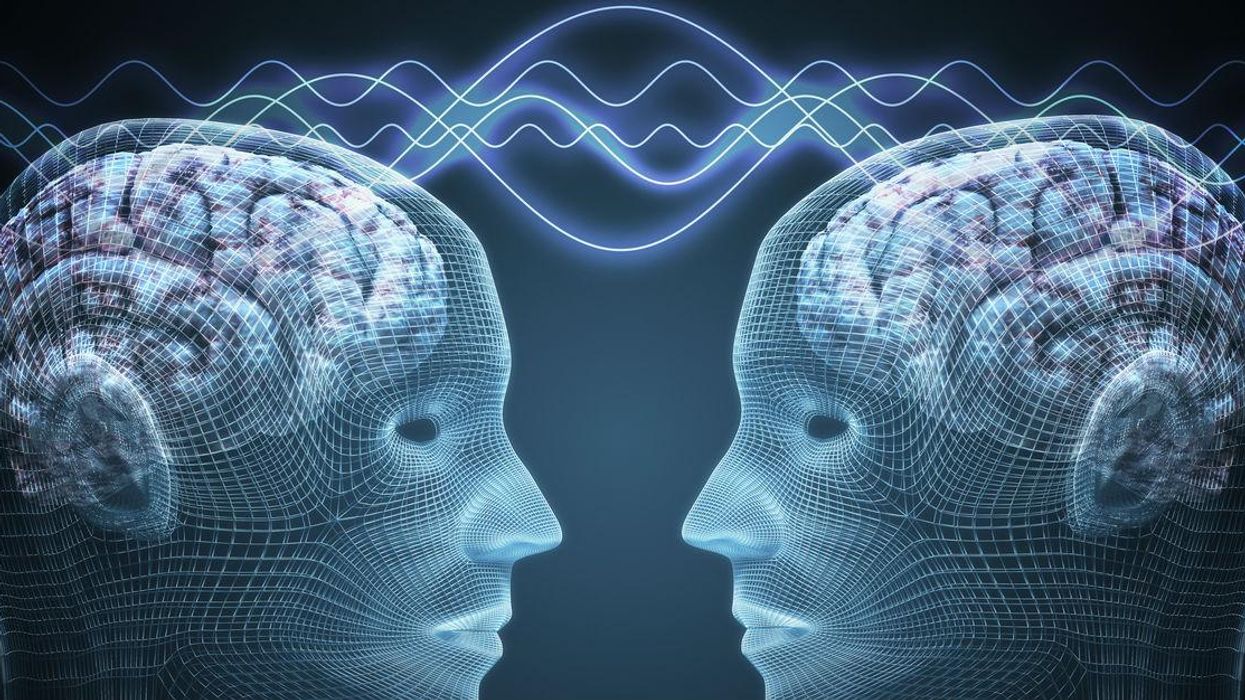News
Greg Evans
Mar 23, 2018

Picture:
iStock/Getty Images
If you've ever watched the X-Men movies and wished you had the telepathic powers of Jean Grey or Professor X then you may be in luck.
The brain surgeon Dr. Eric Leuthardt of Washington University is confident that in the future humans will be able to get brain implants which will allow them to share information with others.
Leuthardt's job is to understand and analyse the limitations of the brain and how we could use technology to overcome those disadvantages.
In an in-depth interview with MIT Technology Review, he explains how chips implanted in our brains will one day give humans a computer-like interface in their head which would signify a huge evolutionary achievement for the species.
A true fluid neural integration is going to happen.
It’s just a matter of when. If it’s 10 or 100 years in the grand scheme of things, it’s a material development in the course of human history.
Leuthardt believes that if the technology is developed it will not only give humans the ability to communicate with machines but also read other people's minds.
That is all depending on further research into the fundamental workings of the brain and the codes that it uses to process information.
Others such as Facebook's Mark Zuckerberg and SpaceX's Elon Musk have also expressed an interest in developing this type of technology and Leuthardt believes that it might not be that far beyond us.
At the pace at which technology changes, it’s not inconceivable to think that in a 20-year time frame everything in a cell phone could be put into a grain of rice.
That could be put into your head in a minimally invasive way, and would be able to perform the computations necessary to be a really effective brain-computer interface.
The key to this will be comprehending the way that our brains neurons communicate with each other and actually function.
Leuthardt has conducted initial research into the idea alongside the computer scientist Gerwin Schalk and Elmar Schmeisser of the US Army Research Office.
By using electrodes and algorithms on 12 bed-ridden epilepsy patients they found they were able to decode the complex components of speech and how the brain identifies speech.
Although Leuthardt admits that they are still trying to understand their research it shows that there is potential for this type of technology.
Schalk says:
What you really want is to be able to listen to the brain and talk to the brain in a way that the brain cannot distinguish from the way it communicates internally, and we can’t do that right now.
We really don’t know how to do it at this point. But it’s also obvious to me that it is going to happen.
And if and when that happens, our lives are going to change, and our lives are going to change in a way that is completely unprecedented.
Leuthardt believes that with enough financial funding he will be able to develop an implant that will be available on the general market and wouldn't need surgery to
The scientist, who is also a sci-fi novelist and award-winning playwright, adds that he is certain that is going to happen and that it will change our lives significantly when it does.
It’s going to happen. This has the potential to alter the evolutionary direction of the human race.
HT Daily Mail
Top 100
The Conversation (0)













